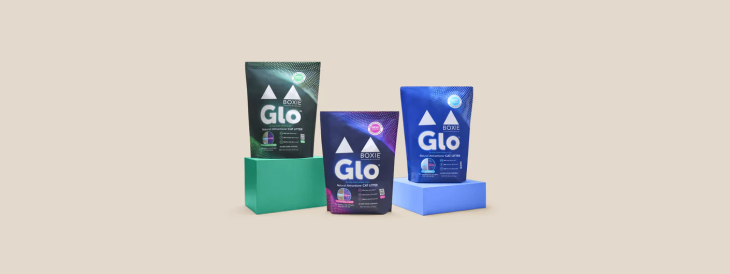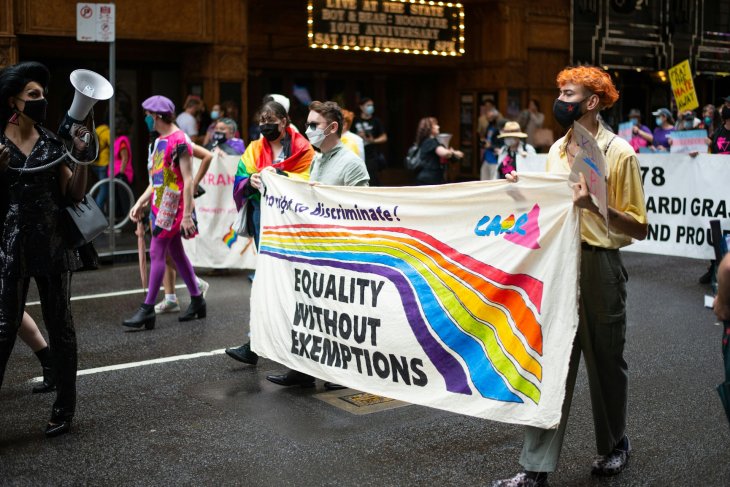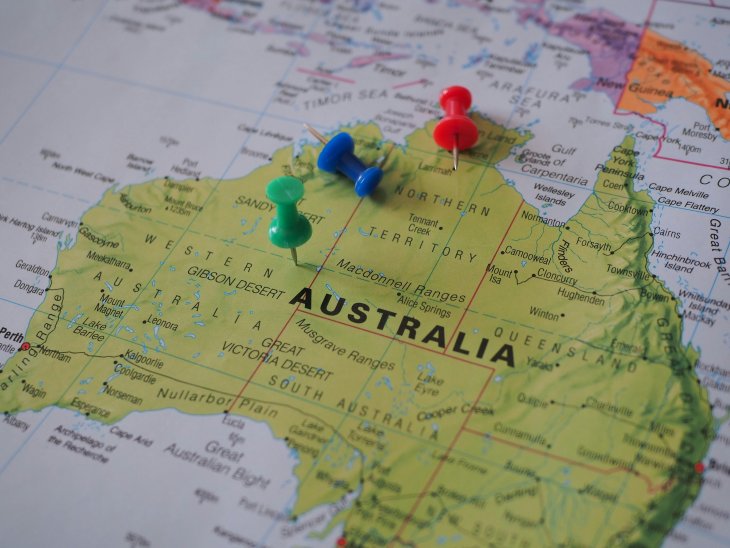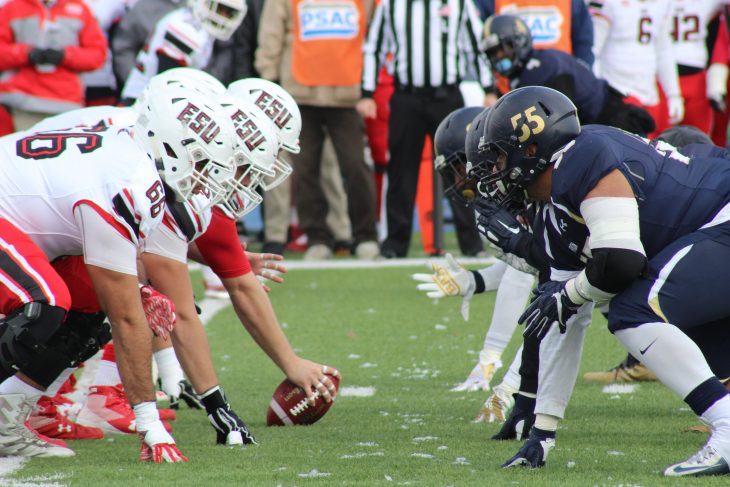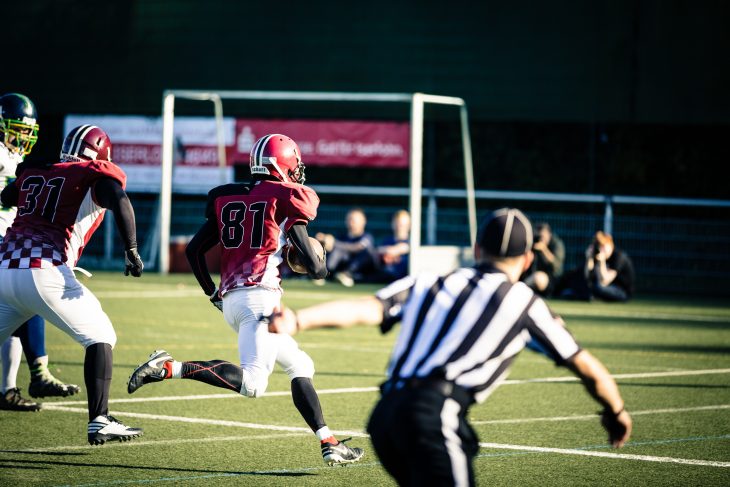Supporting your LGBTQ+ friends in their journey of addiction recovery is a crucial and empowering role you can play in their lives. The challenges faced by LGBTQ+ individuals in recovery are unique, as they navigate not only the complexities of addiction but also the intersection of their sexual orientation, gender identity, and societal stigmas. By offering unwavering support, understanding, and a safe space, you can help them overcome obstacles and build a foundation for lasting sobriety. In this article, we will explore practical strategies and insights to effectively support your LGBTQ+ friends in their active addiction recovery, fostering a sense of inclusivity, acceptance, and resilience throughout their healing journey.
Help Them Find LGBTQ+ Friendly Rehabs
In the journey toward recovery, finding a safe and supportive environment is crucial for individuals in the LGBTQ+ community. LGBTQ+-friendly rehabs provide a specialized and understanding approach that addresses the unique challenges faced by LGBTQ+ individuals in addiction recovery. These rehabs are committed to creating inclusive spaces where individuals can feel comfortable, accepted, and supported throughout their healing process.
One of the key benefits of LGBTQ+-friendly rehabs is the emphasis they place on cultural competency and sensitivity training. Staff members in these rehabs receive specialized training to understand the specific needs, experiences, and concerns of LGBTQ+ individuals. This training helps create an environment that is knowledgeable and respectful of diverse sexual orientations, gender identities, and expressions. LGBTQ+-friendly rehabs recognize that the experience of addiction and recovery can be influenced by the intersection of one’s sexual orientation and gender identity, and they strive to provide tailored care that addresses these unique aspects.
These rehabs often offer LGBTQ+-specific programming and support groups, providing individuals with a space to discuss topics that are relevant to their experiences. These groups may focus on issues such as coming out, internalized homophobia or transphobia, building healthy relationships, and navigating the intersection of LGBTQ+ identity and recovery.
By addressing these specific needs, LGBTQ+-friendly rehabs can offer tailored strategies and support that resonate with individuals in the community. Without these resources, many LGBTQ+ individuals find it difficult to reach out for help with addiction to substances like methamphetamines, fentanyl, heroin, and even crack cocaine. For instance, seeking out meth addiction treatment in Los Angeles, San Diego, or even San Francisco when you live in California is infinitely easier when people know they will be accepted for who they are throughout the treatment process. If you are helping your friends in the LGBTQ+ community to get help for their addiction, help them find treatment and recovery options that support them and their sexual orientation and/or gender identity.
Show Your Unwavering Support
When your friend decides to embark on the path to recovery and seeks treatment at a rehab facility, your support becomes paramount in their journey. There are some practical ways you can be there for your LGBTQ+ friends during their time in rehab.
1. Maintain Open Communication
Keep the lines of communication open with your friend while they are in rehab. Respect any boundaries they may establish but ensure they know you are available to listen and support them when they are ready to reach out. Regularly check in with them, expressing your care and willingness to provide encouragement throughout their recovery process.
2. Educate Yourself About Rehab
Take the initiative to educate yourself about the rehab process. Understand the various stages of recovery, therapeutic approaches, and support systems available within the rehab facility. By familiarizing yourself with these aspects, you can have informed conversations with your friend and show your active engagement and genuine concern for their well-being.
You may even want to educate yourself about the specific challenges faced by LGBTQ+ individuals in recovery. Familiarize yourself with the unique concerns and needs they may encounter. By understanding the intersectionality of their LGBTQ+ identity and recovery, you can provide more meaningful support and empathy.
3. Offer Emotional Support
Rehab can be emotionally challenging, especially for those in the LGBTQ community. Be empathetic and validate their experiences, and acknowledge the difficulties they may be facing. Offer words of encouragement, reminding them of their strength and resilience. Let them know that you are proud of their commitment to their recovery journey.
As your friend progresses through their recovery, celebrate their milestones and achievements with them. Acknowledge their hard work, dedication, and commitment to sobriety. Recognize their resilience and remind them of the positive impact their recovery has on their lives and the LGBTQ+ community. Celebrating these accomplishments will uplift their spirits and reinforce their determination to stay on the path of recovery.




